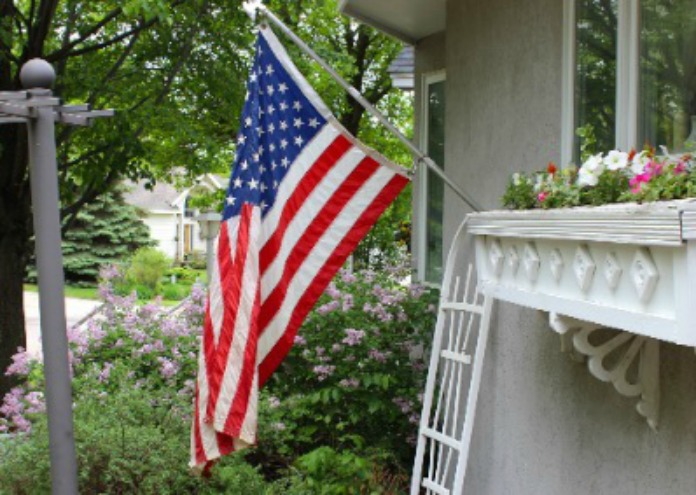With the Fourth of July holiday weekend approaching, the FDA is offering tips for preventing foodborne illness at your backyard barbecue. Since bacteria in food multiply faster at temps between 40°F and 140°F, summer heat makes food safety implementation important.

First, wash your hands well with soap and water before preparing, serving, and eating food. You should wash them for at least 20 seconds, especially after using the bathroom. If you are at a park or picnic area where there is no bathroom, use a water jug, some soap, and paper towels. Moist towelettes are better than nothing, but soap and water is best.
Always keep raw food separated from cooked food. Cross-contamination is a major cause of food poisoning. Don’t use a plate that held raw meat, poultry, eggs, or seafood to hold anything else unless that plate has been washed in hot, soapy water. The same goes for utensils and other surfaces.
Always marinate food in the fridge, never on the counter. And if you are going to use the marinade as a sauce for the food, reserve a separate portion of the mixture. To be safe, don’t reuse marinade that touched raw meat.
Cook food thoroughly and test the final internal temperature with a reliable and accurate thermometer. Hamburgers and all other ground meat products should be cooked to 160°F every time. Chicken should be cooked to at least 165°F. Cook fish to 145°F. And don’t serve undercooked eggs or foods made with raw or undercooked eggs. Don’t partially cook meats ahead of time and then reserve them for cooking later; that encourages bacterial growth.
Food shouldn’t be left at room temperature for more than 2 hours. Never leave food out of refrigeration when the air temperature is over 90°F. Refrigerate leftovers promptly.
Keep hot food hot and cold food cold. Cold food should be held at or below 40°F. Bacteria such as Clostridium perfringens, Salmonella, and E. coli grow rapidly when food is between 40°F and 140°F. Cold foods should be held on ice. Drain off the water as the ice melts and replace the ice often. Keep hot foods in a slow cooker or heating tray.
And enjoy your holiday picnics and barbecues! Safely, of course.




